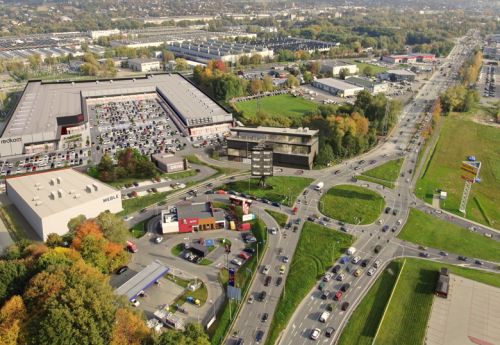TOTEX not OPEX, nor CAPEX. Saving on cities’ investment tasks
While taking the floor in the discussion on how to find savings in the municipal investment projects or, in other words, how to better rationalize investment expenditures, I would like to draw attention to methodological aspect of this issue. By this I mean the approach towards balance efficiency of investment projects. I believe that in order to obtain visible results while optimizing the projects planned by units of the local governments, it is necessary to let investments’ preparations rely to a greater extent on the rolling costs of these investments. It is about basing the project calculations on the so-called TOTEX (Total Expenditures), namely the project’s total costs. Up until now, it has been a common practice that – depending if the entity that is running the project is responsible for the investment’s preparation and execution only or also for its further use – the focus has been placed on the optimization of a single stage. Put differently, such entity needs to choose whether they are more interested in minimizing the project’s spending, the so-called CAPEX (Capital Expenditure), or making savings from the operational phase of the project, OPEX (Operating Expenditures). From a local government units and local communities’ point of view, it would be more beneficial to choose the most economically advantageous solution that cover both the entire construction cycle as well the project’s further operations. Therefore it is necessary to assess the project’s efficiency by taking its full lifecycle into account rather than single stages only. Merely such total calculation allows to make choices that will be more profitable economically in the long term. I believe that such approach is equally rational for tendering, when used as one of the criteria of choosing partners or contractors for an investment task, and as such, should be universally applied. The latest instructions by the European Commission head towards such solutions. Of course, the comprehensive analysis of the project’s usefulness forces investors to take into account also the non-economic criteria, and make thorough decisions after examining all the aspects. However, it is always good to know how much a task costs, not only in the short-term (e.g. only in the light of a one-year budget set by a local government, or over its single tenure), but also in the long run – over the project’s full lifecycle.






















































An open door to redefining the commercial real estate market in Poland
An open door to redefining the commercial real estate market in Poland
The investment slowdown in the commercial real estate sector that we have been observing in Poland for over a year is primarily the result of the tightening of monetary policy arou ...
Walter Herz
The retail sector is not slowing down
The retail sector is not slowing down
The pandemic, conflict in Ukraine as well as inflation and high interest rates that recent years have brought have reshaped the real estate market around the world. The global slow ...
Walter Herz
Retail parks – current opportunities
Retail parks – current opportunities
Over the last few years, retail parks in Poland were mostly developed in smaller formats, around 5,000 sqm, either adding to the existing retail landscape or introducing modern ret ...
Avison Young